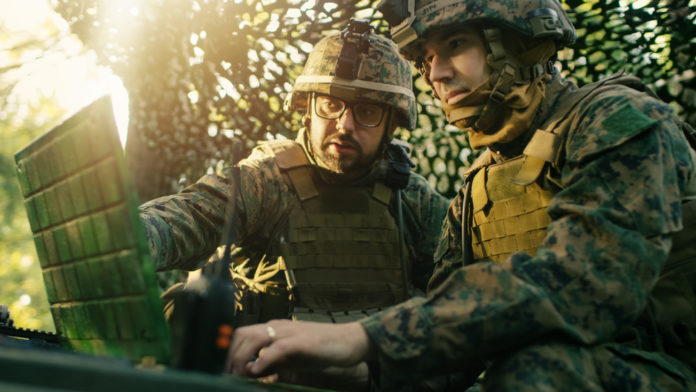Protest challenging an agency’s decision to award a sole-source contract for a protection system for Bradley tanks is denied. The protester argued that it could provide a comparable protection system. But the protester’s system had not been extensively tested on Bradley tanks. Moreover, when it was tested on a Bradley platform, it was found “detrimental to soldier survivability.” The protester also argued that the agency had improperly limited consideration to only protection systems that had undergone a certain type of testing. But GAO determined that the agency had found the protester’s system unworkable before testing even occurred.
After conducting market research, the Army decided to award a sole-source contract to General Dynamics for the production of an active protection system (APS) for Bradley tanks. APS are systems that detect incoming fire. DRS Sustainment Systems, Inc. protested the sole-source decision claiming that it could satisfy the Army’s needs, and that the sole-source was flawed because the Army wrongly limited competition to offerors whose APSs had undergone characterization testing.
DRS contended that a sole-source was unnecessary because it could also provide an APS. Specifically, DRS argued that it had APSs on tank that had undergone testing on both the Abrams and Bradley tanks.
But GAO found that the testing on DRS’s APS had occurred on systems and vehicles that were materially different from the current configuration of the Bradley tank chassis. Moreover, one of the tests of DRS’s APS on a Bradley had resulted in unacceptable obstructions that rendered it “detrimental to soldier survivability.” Given these issues, GAO failed to see how DRS’s proposed solution could meet the Army’s needs and be ready for production without delay.
DRS also argued that the Army’s sole-source justification presupposed that an APS must have undergone government-run characterization testing. DRS asserted that this characterization testing imposed an unstated pre-award qualification requirement on offerors other than General Dynamics.
The record showed, however, that even before any characterization occurred, the Army did not think that DRS’s APS was a viable solution. The problem with DRS’s APS was not the lack of characterization testing, but rather that it could not be properly configured to a Bradley tank. What’s more, even if the Army had based its sole-source decision on completion of a characterization test, the agency could have properly required that testing as part of determining its needs.
DRS is represented by Neil H. O’Donnell, Jeffery M. Chiow, and Lucas T. Hanback of Rogers Joseph O’Donnell, PC. The intervenor, General Dynamics is represented by Carla J. Weiss and Matthew L. Haws of Jenner & Block LLP. The agency is represented by Jonathan A. Hardage and Alyssa M. Carr of the U.S. Army. GAO attorneys Lois Hanshaw and Christina Sklarew participated in the preparation of the decision.




